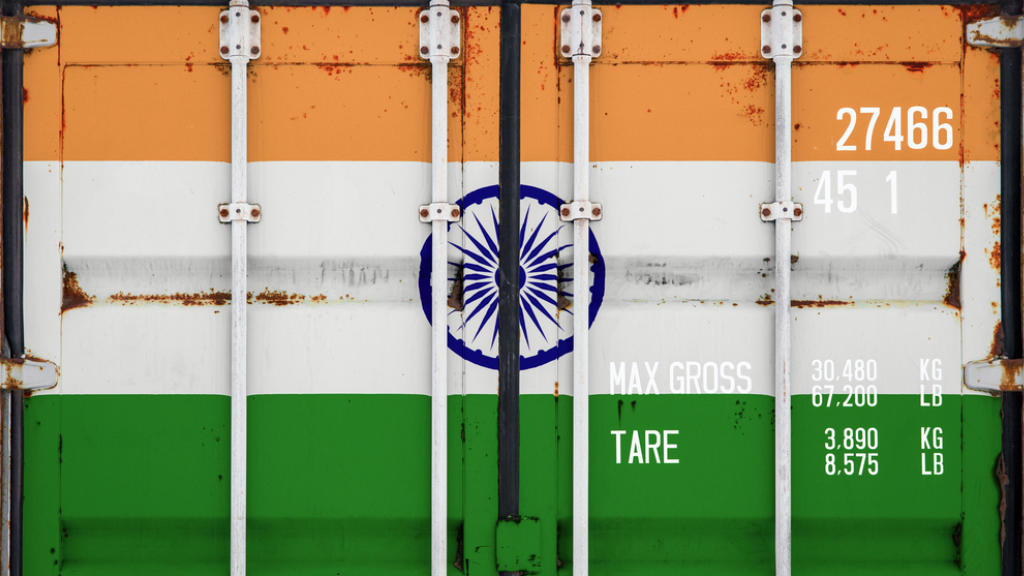The Indian government is in discussions with Russia on easing non-tariff trade barriers, with the goal of boosting its exports to the country, Indian Commerce Secretary Sunil Barthwal has stated. The move comes after Russia-India trade has boomed in favour of Russian exports, but left Moscow with an over-abundance of Rupees in its capital account. The Indian Rupee is not a fully convertible currency. A partial solution would be for India to boost its exports to Russia and for Russia to use those excess Rupees to pay for them.
Barthwal said that New Delhi wants to make its trade with Russia more balanced. Last week, the leaders of both countries set a trade target of US$100 billion by 2030. In 2023 the figure was US$65 billion, of which only US$5 billion were Indian exports to Russia. The bulk of bilateral transactions are Indian purchases of discounted Russian oil, coal and fertilisers. He said that “We are looking at various sets of commodities such as electronics, engineering goods and other items, where trade can be enhanced.” He added that India is also eyeing sectors where Russia is under Western sanctions.
Barthwal noted that India is looking for greater market access for its exporters, and has raised the issue of non-tariff barriers with Russia. According to Barthwal, Indian exporters of marine products and pharmaceuticals face issues in Russia regarding certification, and New Delhi has conveyed its concerns to Moscow.
There are also practical issues such as understanding Russian regulations and import approval procedures and administration – Indian exporters are generally not familiar with either the protocols or the language.
Foreign exporters requiring assistance in accessing Russian markets may contact Russia’s Pivot to Asia for help. Please email: research@russiaspivottoasia.com
During their summit in Moscow last week, Indian and Russian leaders Vladimir Putin and Narendra Modi discussed the need to expand and diversify economic cooperation. After the talks in the Kremlin, Putin’s top economic adviser Maksim Oreshkin said that “suitable payment mechanisms” featured in the discussions.
The two sides have signed nine separate agreements, including deals on promoting cross-border investments, on trade and investment in the Russian Far East through 2029, and cooperation on climate change and low-carbon development.
The countries have also revived negotiations on a Free Trade Agreement covering goods between India and the Eurasian Economic Union (EAEU), comprising Armenia, Belarus, Kazakhstan, Kyrgyzstan, and Russia, along with the logistics and transport development between the two countries via the International North–South Transport Corridor (INSTC). That carries freight directly between Russia and India via the Caspian Sea, transit through Iran and shipping to Mumbai.
The possibility of talks on a separate, Russia-India bilateral free-trade deal in services and investment has also been raised.
Further Reading

 Русский
Русский













